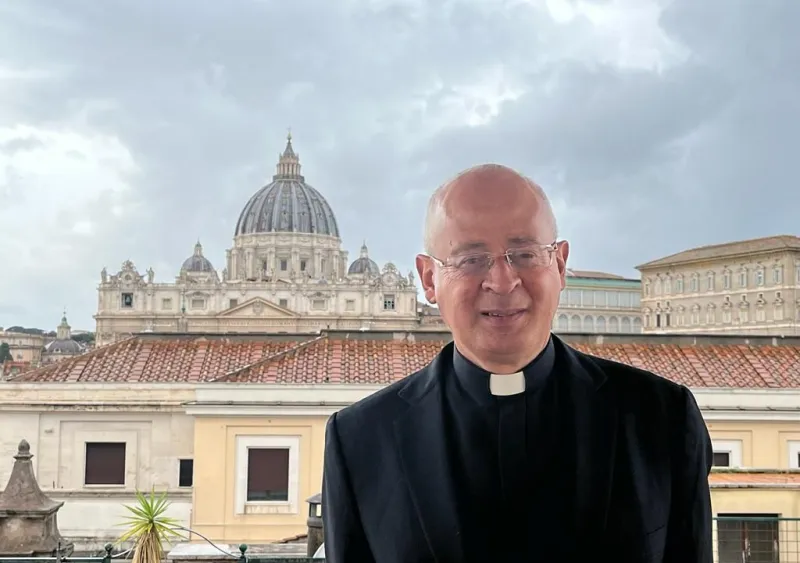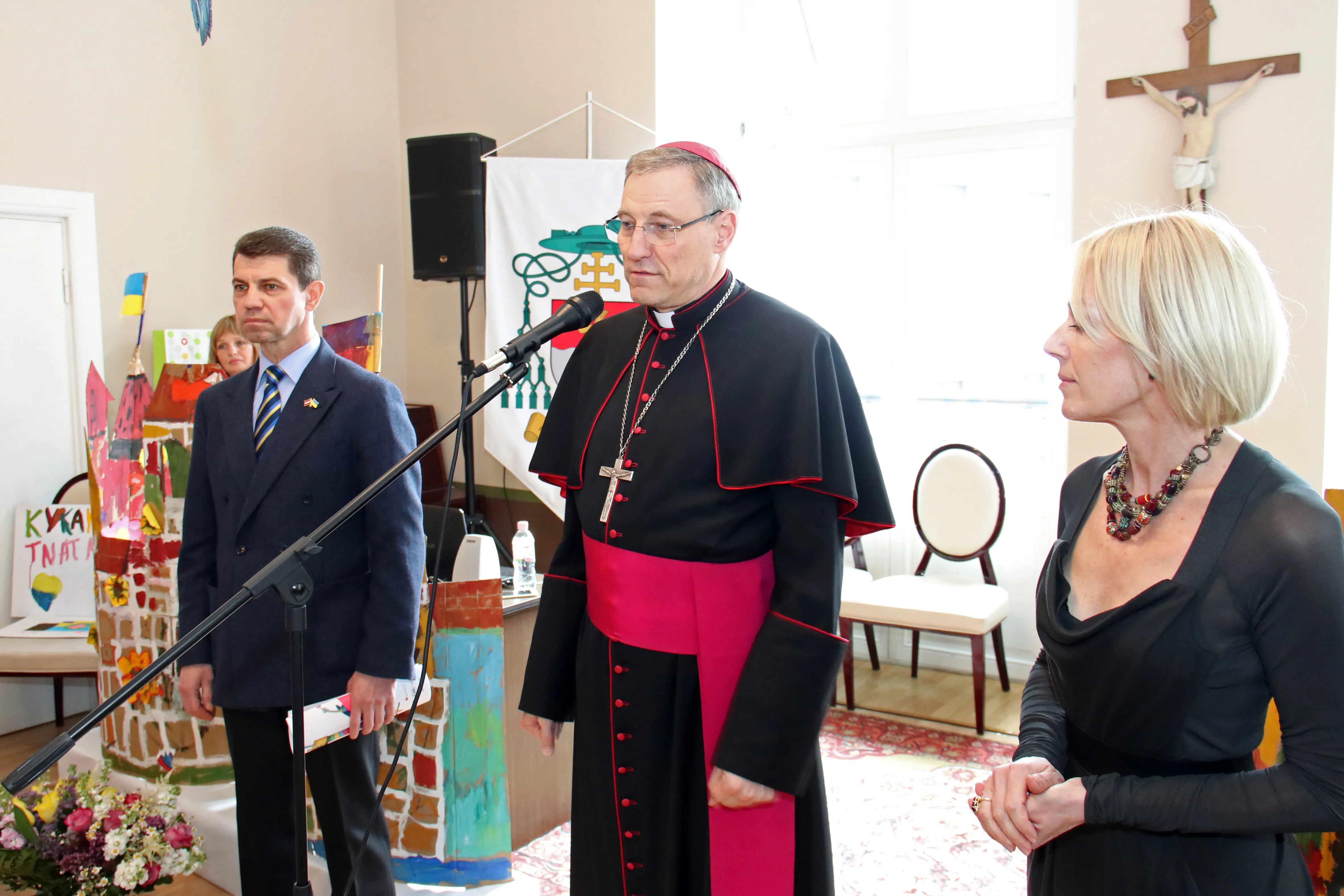
Sydney, Australia, Apr 16, 2024 / 11:30 am (CNA).
Following the knife attack on Bishop Mar Mari Emmanuel on Monday, which left three people wounded, the Catholic archbishop of Sydney decried the act and reinforced the sanctity of worship.
“Every person in this country, be they bishop or priest, rabbi or imam, minister or congregant, should be able to worship in safety, without fear that they might be subject to acts of violence while gathering in prayer,” Archbishop Anthony Fisher said in a statement released on X.
“I urge the faithful to not respond to these events with fear, avoiding places of worship because they are worried about further attacks, nor with anger, engaging in acts of reprisal or revenge. The best response to violence and fear is prayer and peace.”
Australian police and New South Wales state premier Chris Minns confirmed the stabbing incident in Wakeley was being treated as a terrorist act. “We believe there are elements that are satisfied in terms of religious motivated extremism,” Police Commissioner Karen Webb told journalists, according to Reuters.
Shocking video footage of a man attacking Bishop Mar Mari Emmanuel, former member of the Ancient Church of the East and prominent leader of Christ the Good Shepherd Church, went viral on social media on April 15.
The footage was taken from a livestream — now removed — of a Bible study session at the church.
The perpetrator of the stabbing, a 16-year-old male, was subdued by church attendees. Bishop Emmanuel, Father Isaac Royel, and another parishioner sustained non-life-threatening injuries. Paramedics treated the wounded on site before transporting them to Liverpool Hospital.
The aftermath saw tensions rise, resulting in demonstrations around the church precinct. Two police officers were injured, and several police vehicles were damaged, authorities said.
The Australian Catholic weekly reported leaders across Christian denominations and the Muslim community, including Archbishop of the Assyrian Church of the East Zaia Mar Meelis, Chaldean Archbishop Amel Nona, Maronite Bishop Antoine-Charbel Tarabay, and Melkite Bishop Robert Rabbat, jointly condemned the violence, urging calm.
The Monday attack followed a separate knife rampage in Bondi Junction on Saturday, which resulted in six fatalities. The assailant in that incident, who did not survive, had a mental illness and was not motivated by ideology, police told the Sydney Morning Herald.
If you value the news and views Catholic World Report provides, please consider donating to support our efforts. Your contribution will help us continue to make CWR available to all readers worldwide for free, without a subscription. Thank you for your generosity!
Click here for more information on donating to CWR. Click here to sign up for our newsletter.










By all means, remain calm and fear not while your country is being overrun by violent jihadists! The proper response to this attempted murder and many similar incidents that occur daily is to ban Muslim immigration to Western countries and to humanely repatriate Muslims already here. I am not surprised that the undoubtedly well-protected Archbishop Fisher kept it off his list of things to do. Through their advocacy for open borders immigration, he and his fellow bishops make themselves partly responsible for these crimes happening.